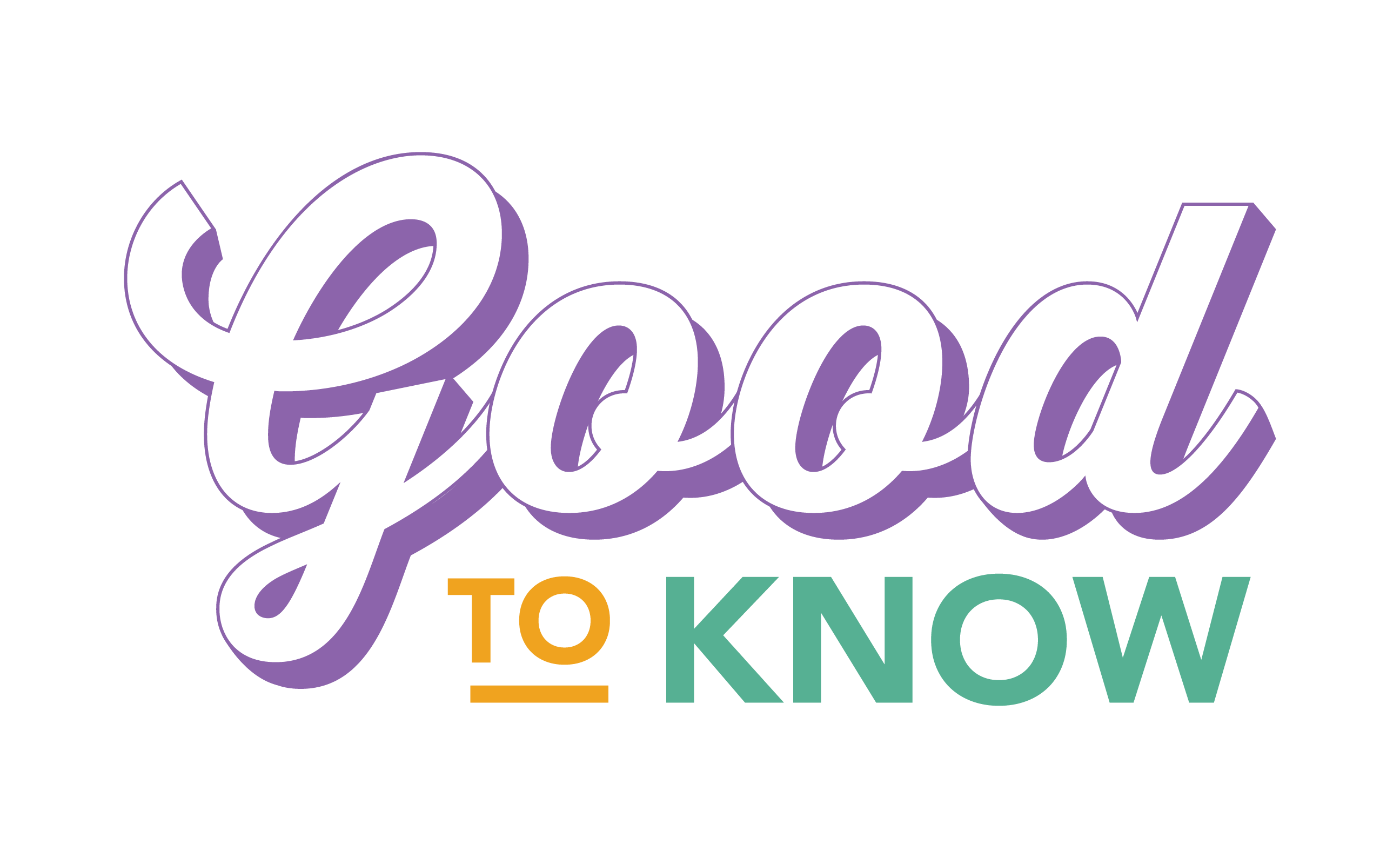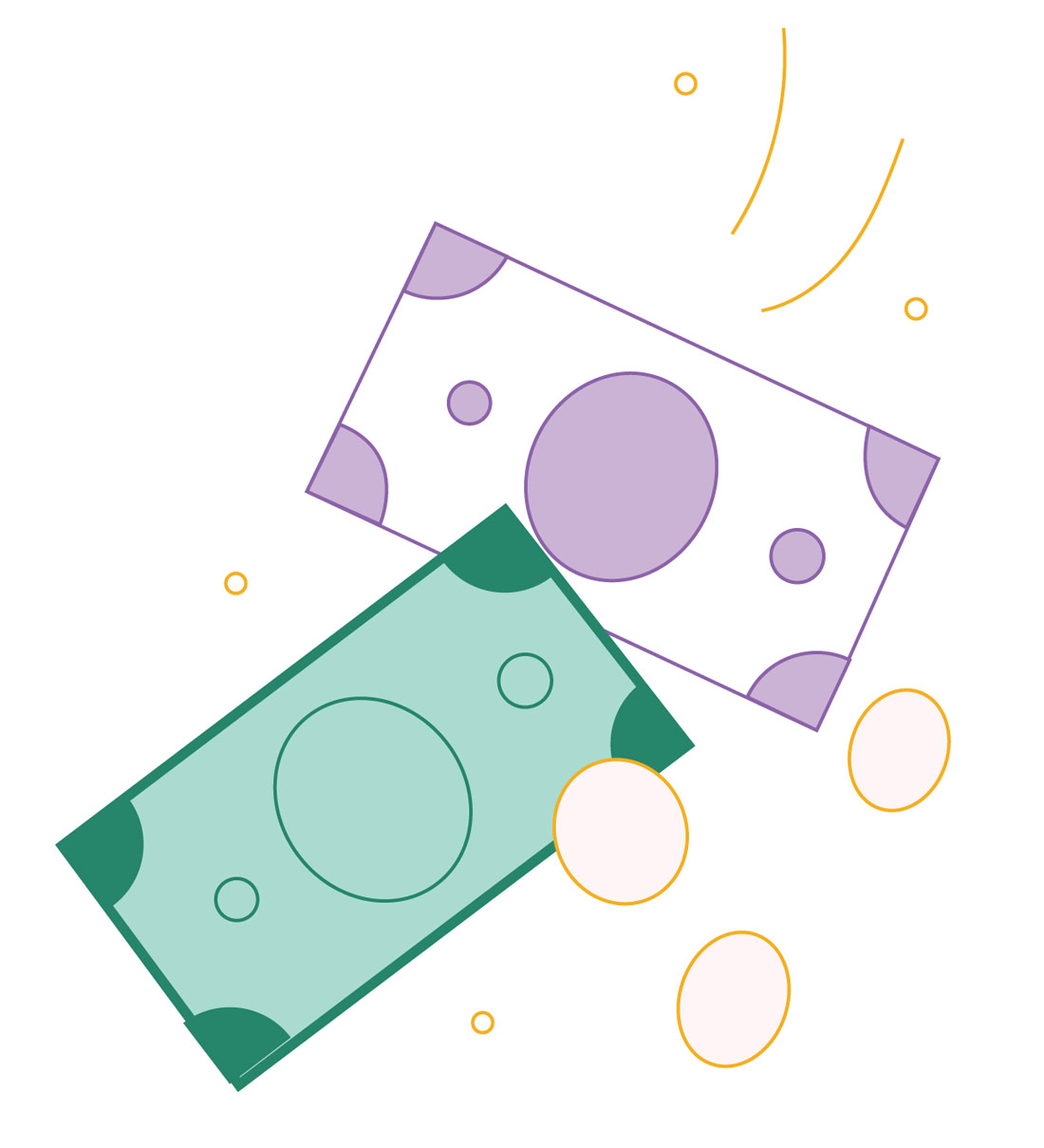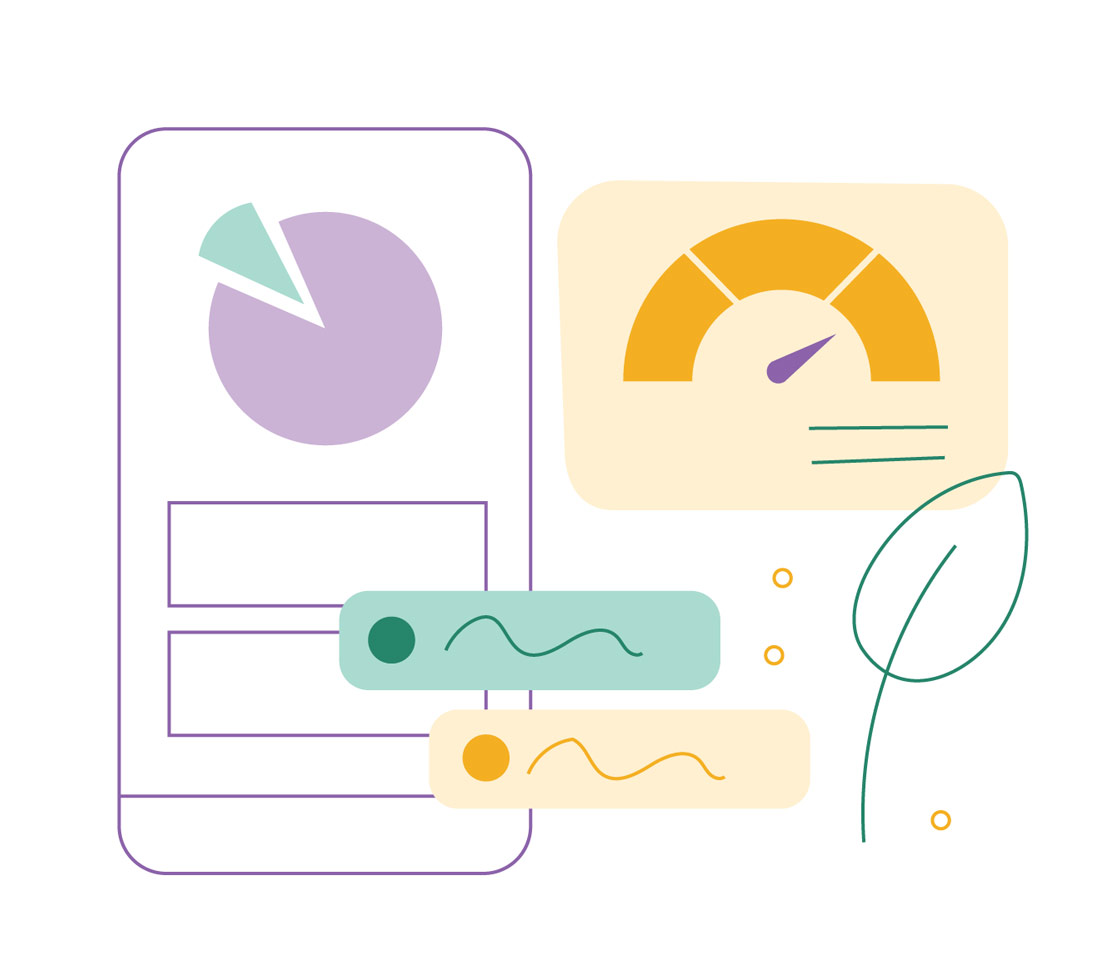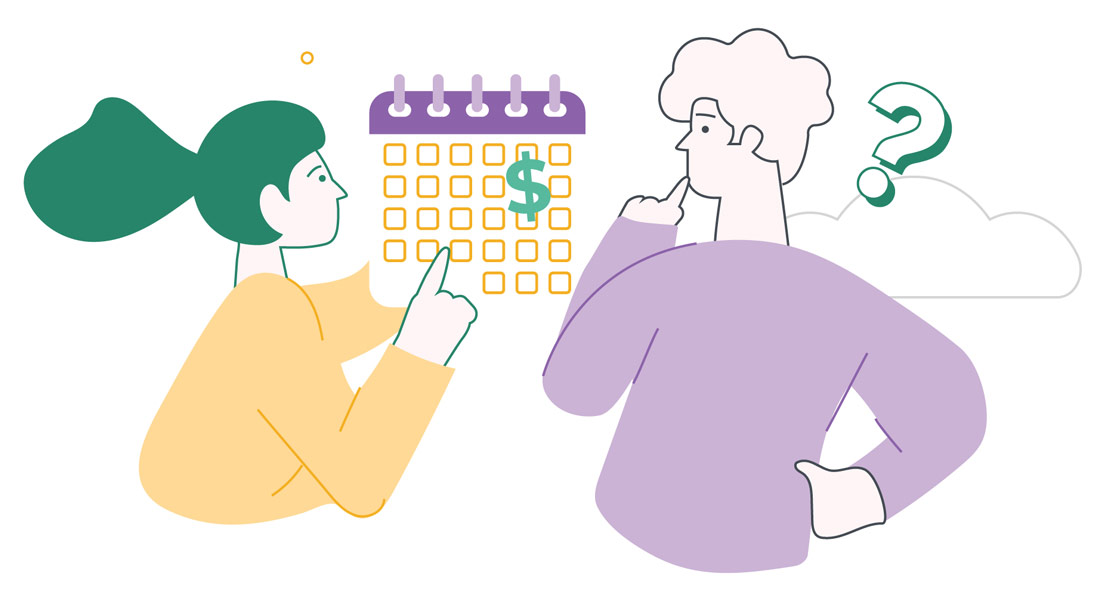This website uses cookies so that we can provide you with the best user experience possible. Cookie information is stored in your browser and performs functions such as recognizing you when you return to our website and helping our team to understand which sections of the website are the most popular and useful.
4 Student Loan Repayment Tips and FAQs for Fall 2023


It’s hard to find time to manage your finances. That’s why we’re bringing you “Good to Know” tips and information that can add up to building a healthy financial future. After all, knowledge is power.
In March of 2020, monthly payments, interest accrual, and collection activities on federal student loan debt were temporarily paused at the start of the pandemic. As part of the Debt Ceiling Deal, passed in June of 2023, the White House agreed to end the forbearance and bar any further pauses without Congressional approval. Nearly half of Americans with student loan debt feel that they are not prepared to restart these payments, so you’re not alone in trying to figure out where to start.
Student loan payments are resuming in October. The exact date of your repayment will depend on which loan servicer handles your loan(s). Discover the repaying student loan basics from the Office of Federal Student Aid. Take control of your student loan repayments.
Here are 4 student loan repayment tips and FAQs
- Tip #1 — Confirm your info with your loan servicer
- Tip #2 — Explore your repayment options
- Tip #3 — Get help if you can’t afford your payments
- Tip #4 — Don’t get overwhelmed, ask for advice
Tip #1 — Confirm your info with your loan servicer
The first step you need to take to ensure your student loan repayments are on track is to contact your loan servicer and confirm that your information is current.

Q: What’s a loan servicer?
Your loan servicer was assigned by the Office of the U.S. Department of Education to handle the billing and any other services related to your federal student loan debt on your behalf.
Q: How do I identify my loan servicer?
You can identify your servicer through your account dashboard with the Office of Federal Student Aid. It’s good to double check this information because your loan may have shifted to a different servicing company during the pause on repayments.
Q: How do I confirm my contact information with my loan servicer?
Once you have identified your loan servicer, either review your contact information online through your account dashboard or reach out to their customer service center to confirm all of your information is up-to-date.
Tip #2 — Explore your repayment options
Even if you received a notice with a payment amount and a payment date from your servicer, that does not mean that will have to be your actual payment total. You may be able to modify your repayment plan through your loan servicer. Determine the best student loan repayment strategy for you by taking advantage of the Federal Student Aid Loan Simulator.

Q: What repayment options do I have?
Using the simulator above, you can calculate what your student loan payments will look like and can choose the repayment option that best meets your needs. The loan simulator helps calculate your monthly payment range and how that impacts the amount of interest you’ll pay over time. The Office of the U.S. Department of Education offers several repayment options that can fit your budget.
Q: How should I determine how much I can afford to pay each month?
Consult your budget. If you haven’t updated your budget in a while (or if you don’t have one at all), now is a great opportunity. If you need some help with getting started, check out this article for ways to use First Bank’s online banking tools to wrangle your budget. If your new payment amount is making your budget too tight, consider using a tool like MyMoney to identify where you can cut back on some discretionary spending.
Tip #3 — Get help if you can’t afford your payments
It’s okay if you still don’t feel comfortable with your payment after reviewing your budget. You’re not alone. Here are a few ways your can be proactive so that you aren’t negatively impacting your credit score.

Q: What should I do if I can’t afford my payment?
If your federal student loan payments are too high compared to your income, you may qualify for an income-driven repayment plan. There are four options that use your income to develop a repayment plan that you can afford. According to the Federal Student Aid website, “Under all four plans, any remaining loan balance is forgiven if your federal student loans aren’t fully repaid at the end of the repayment period.”
Q: I am experiencing a short-term financial hardship. Can I defer a few payments?
If you’ve been able to make your student loan payments in the past, but are facing a temporary hardship right now, you could qualify for temporary relief through a deferment or forbearance.
Tip #4 — Don’t get overwhelmed, ask for advice
You’re going to figure this out! Don’t get discouraged if you are feeling overwhelmed by the different options and steps in your loan repayment process. There is a lot to navigate when it comes to student loan repayment and the updates that have been made since March 2020 when payments paused.
It is easy to worry about all the “what ifs” when it comes to your budget. That’s why First Bank’s digital banking team has vetted a suite of digital tools designed for budgeting that are built into your online banking. The goal of an organized budget should be to help you worry less about the unnerving “what if” expenses and feel more confident with your actual “what is” situation.

Q: Who can help me understand the student loan process?
You can reach out directly to your loan servicer, the Office of Federal Student Aid, or the U.S. Department of Education to learn more about your options and get more information about your student loans. It is important to remember that you should never have to pay to get help regarding your student loans, learn more about avoiding student aid scams.
Q: Who can help with my budget?
In addition to the financial wellness courses that First Bank offers and the digital tools available through your online banking dashboard, we are always here to talk to you about your finances. Reach out to your local First Bank branch, we are here to help. Our personal bankers can help you get your budget to where it needs to be.



